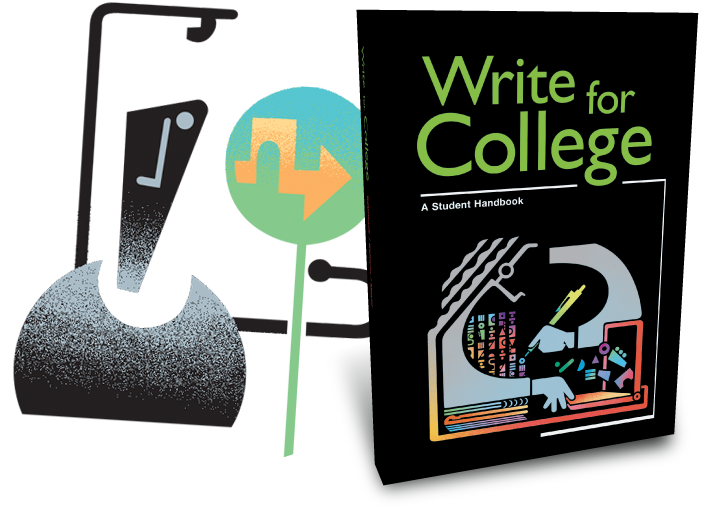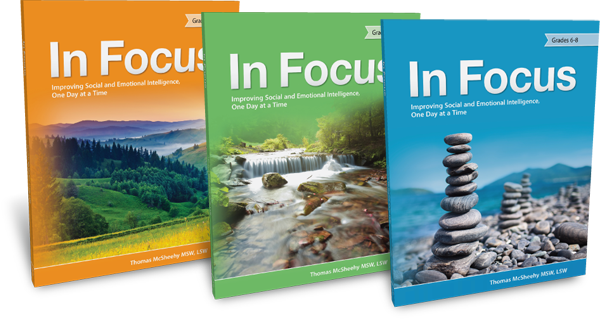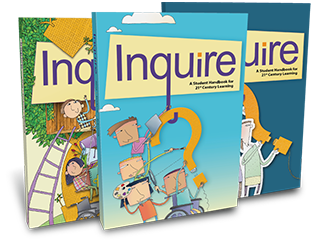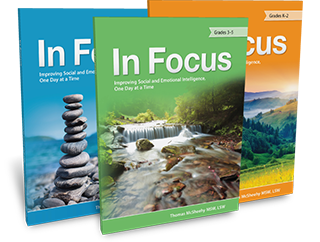|
Deepen students' thinking across the curriculum Email not displaying correctly? View it in your browser. |
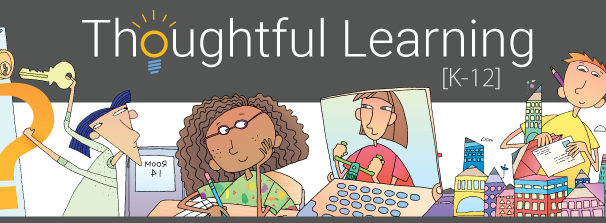
|
What's Inside?
|
12 Writing-to-Learn Activities
No matter what subject you teach, writing can empower learning. And yet, fitting time-intensive writing assignments into your crowded curriculum may not seem feasible. Here's some good news. Research suggests you don’t need to design lengthy writing projects for your students to benefit from writing as a learning tool. Instead, short bursts of low-stakes writing hold the most learning potential. Students improve retention and comprehension when they write regularly and reflectively about their learning—not only about what they learn but also the difficulties they face, the surprises they encounter, and the strategies they employ along the way. You can deepen your students’ thinking across the curriculum by making writing a regular part of your classroom. Consider using any of the following writing-to-learn activities, or adapt them to fit the needs of your students. Each activity takes just 10-15 minutes to complete. 1. Learning LogsA learning log is a journal for schoolwork. Students use learning logs to write their thoughts, feelings, and questions about the subjects they are studying. Writing in this way helps them connect new information to what they already know, reflect on their learning processes, and think through ideas that are unclear. Note: Learning logs begin this list because students can incorporate almost all the other writing-to-learn activities in them. View minilesson for Keeping a Learning Log. 2. Admit/Exit SlipsStudents submit brief writings on “slips” to you before and after class. The slips can include questions, comments, observations, or reflections about the material being presented in class. Encourage students to write about ideas that they find confusing, interesting, upsetting, and so on. |
|
|
Updated for 2018
|
Writing Advice from Favorite Authors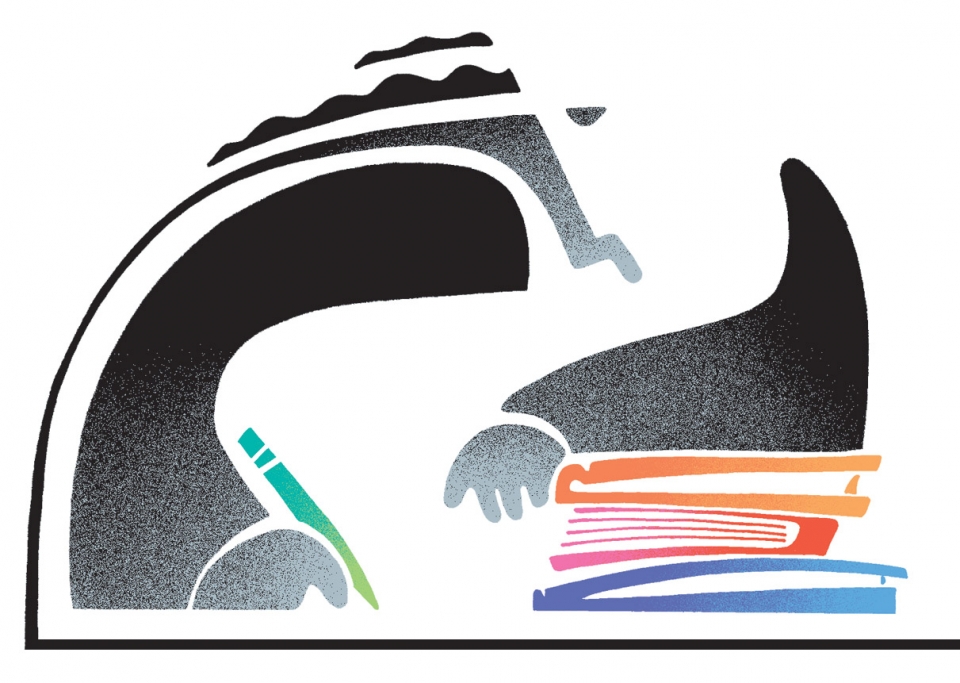
“The first author I remember being obsessed by, actually realizing 'I like the way he writes and I like the way he tells stories,' was C.S. Lewis and the 'Narnia' books.” Reading begets writing, and writing begets reading. Most writers can point to a specific book or author that first inspired their own work. With beloved authors, a little advice can go a long way. Share with your students these words of inspiration from well-known writers: “The most important thing is to read as much as you can, like I did. It will give you an understanding of what makes good writing, and it will enlarge your vocabulary.” “I always tell people that I became a writer not because I went to school but because my mother took me to the library. I wanted to become a writer so I could see my name in the card catalog.” |
|
|
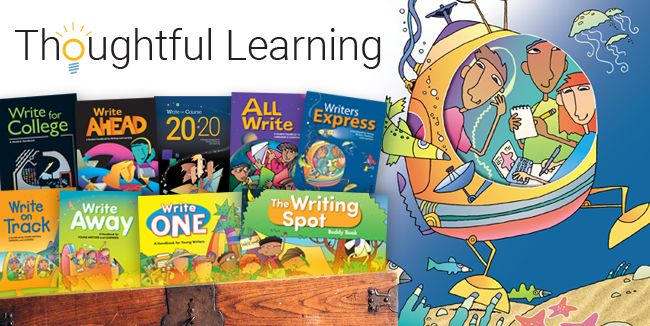
Now Available
|
Of Personal Importance: How Narration Drives Meaningful Writing
“The narrative is the first story, the primal story, from which all others come. It is your story.” These thoughts by writer John Rouse speak clearly to the importance of narrative writing. I share them because I, too, feel that narrative writing is a valuable or, dare I say, the most important element in an effective writing program. I know the common refrain from teachers: I can’t worry about narrative writing; that’s just storytelling. I have enough trouble covering the academic forms (explanatory, persuasive, responses to literature, etc.) students will be tested on. Narrative writing offers too much to be treated like a stray dog. The primary purpose in anyone’s life is to make sense of experiences as they come to him or her: What was that conversation all about? Should I try out for the track team? Would I like to be a nurse? And what better way for someone to explore these experiences than to write about them? The linear nature of writing—recording one word after another—prompts reflecting and forming new understandings. |
|
|
The Results Are In
|
Additional ResourcesEnglish Language Arts
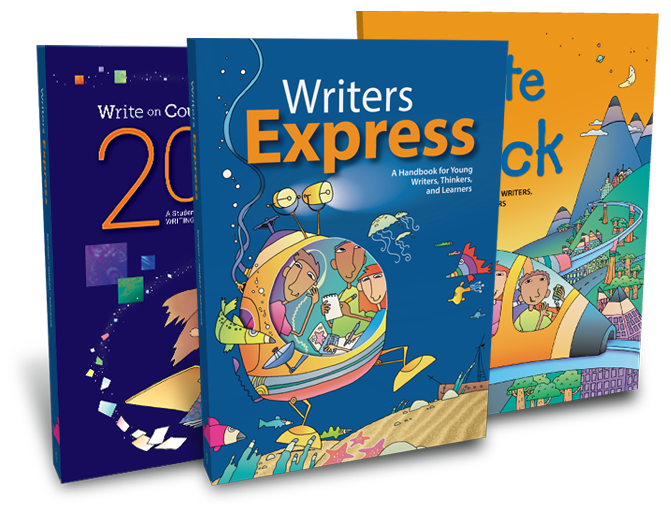
|

|
|
|
| Unsubscribe from this list. |
